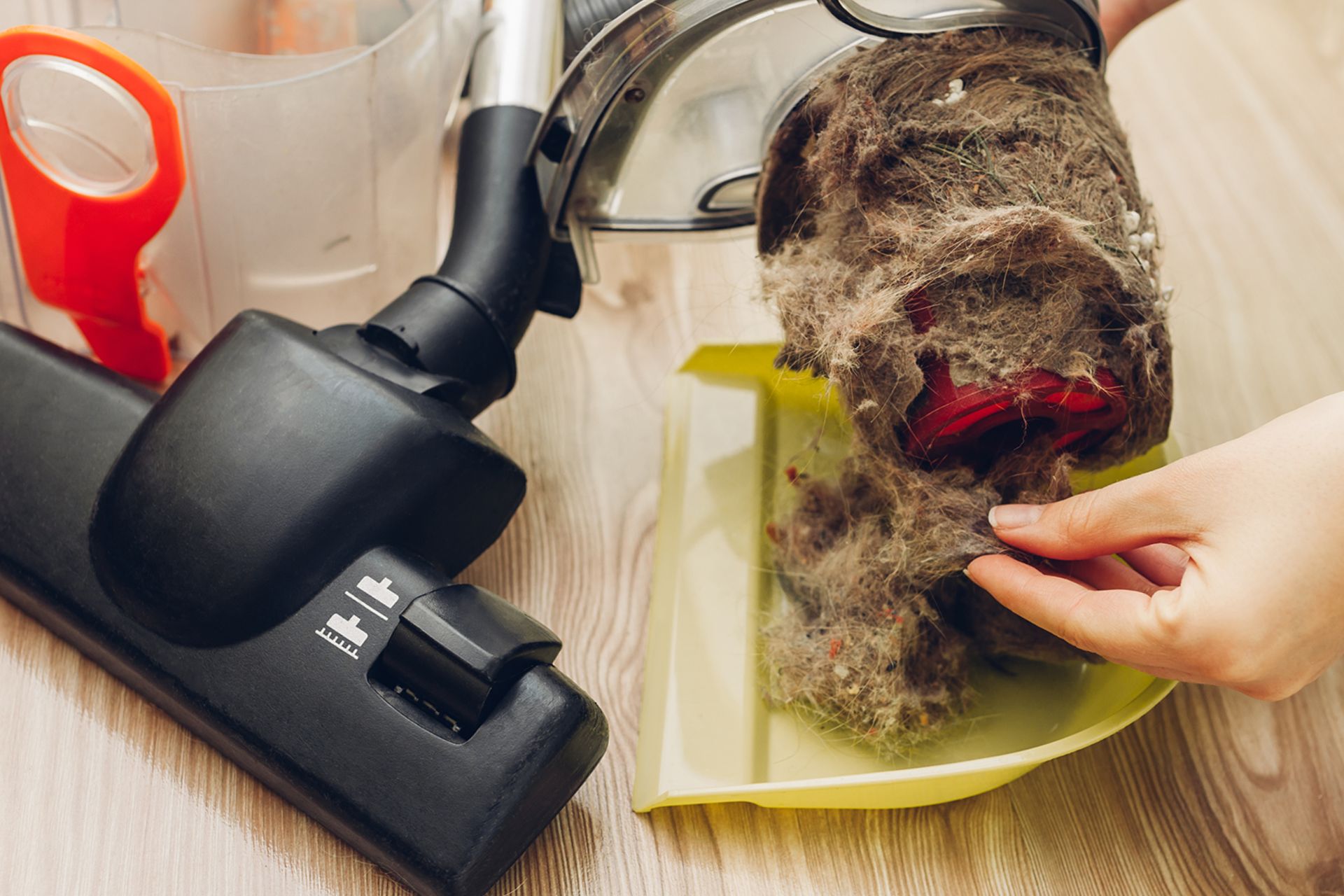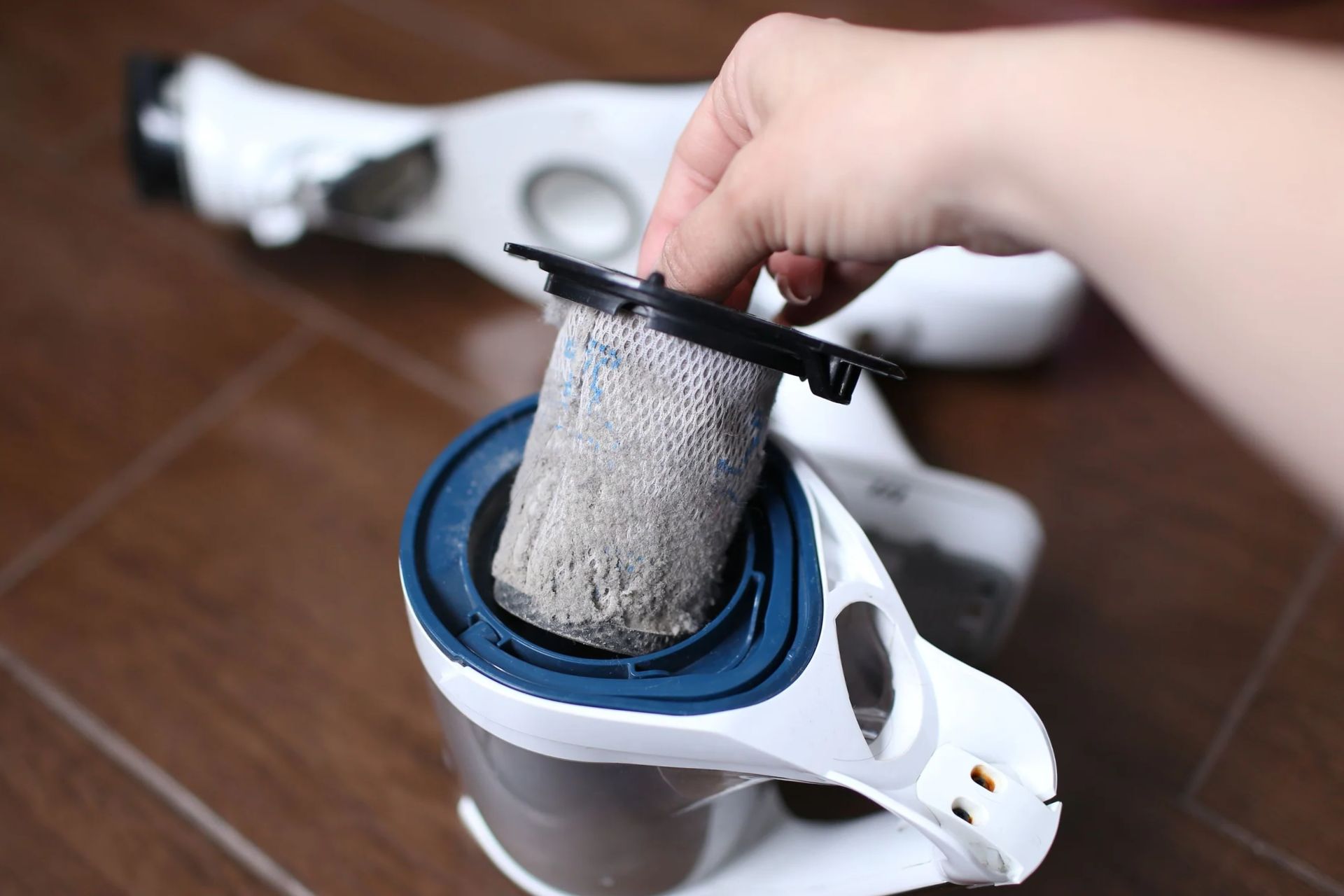Introduction: How Do I Choose Filters for Vacuum Cleaners?
One of the most important parts of your vacuum isn’t the motor or even the brush roll—it’s the filter. If you’re asking, “How do I choose filters for vacuum cleaners?”, you’re already on the right track. Filters determine how well your vacuum traps dust, allergens, and tiny particles, directly impacting air quality in your home. With so many types—HEPA, foam, cartridge, and more—it can be overwhelming to choose the right one. In this guide, we’ll explain different vacuum filter types, factors to consider, and tips for making the best choice for your needs.

Why Vacuum Cleaner Filters Matter
Before answering how do I choose filters for vacuum cleaners, let’s look at why filters are essential:
- Cleaner Air: Filters trap dust, pollen, and allergens before releasing air back into your home.
- Protect the Motor: They prevent dirt from entering and damaging the motor.
- Better Suction: A clean, well-fitted filter maintains strong airflow.
- Healthier Living: Filters are especially critical for households with allergy or asthma sufferers.
Types of Vacuum Cleaner Filters
When learning how do I choose filters for vacuum cleaners, it’s important to know the main types available:
1. HEPA Filters
- High-Efficiency Particulate Air (HEPA) filters capture 99.97% of particles as small as 0.3 microns.
- Best for allergy sufferers and pet owners.
- More expensive but highly effective.
2. Foam Filters
- Made of spongy foam material.
- Commonly used as pre-motor filters.
- Washable and reusable, but not as efficient for microscopic allergens.
3. Cartridge Filters
- Cylindrical or round in shape.
- Found in many modern bagless vacuums.
- Easy to replace but may require regular cleaning.
4. Cloth Filters
- Durable, reusable filters made of fabric.
- Common in shop vacs or wet/dry vacuums.
- Capture large debris but not fine particles.
5. Charcoal/Carbon Filters
- Specialized filters that neutralize odors.
- Popular among pet owners and smokers.
- Often used alongside HEPA filters for dual protection.
How Do I Choose Filters for Vacuum Cleaners Based on My Needs?
Your lifestyle, health, and flooring all affect your choice:
For Allergy Sufferers
- Choose a HEPA filter for maximum dust and pollen capture.
For Pet Owners
- Select HEPA + carbon filters to manage both dander and odors.
For General Cleaning
- Foam or cartridge filters are cost-effective and practical.
For Workshop or Garage Use
- Cloth filters are ideal for large debris and durability.
Filter Compatibility: Matching Filters to Your Vacuum
Another key factor in how do I choose filters for vacuum cleaners is compatibility.
- Always check your vacuum model number.
- Buy manufacturer-approved filters when possible.
- Generic filters may fit but can reduce performance.
- Some vacuums require multiple filters (pre-motor + post-motor).
Washable vs. Disposable Filters
When deciding how do I choose filters for vacuum cleaners, consider whether you prefer washable or disposable filters.
- Washable Filters
- Environmentally friendly.
- Cost-effective in the long term.
- Require regular cleaning and drying.
- Disposable Filters
- Convenient, no cleaning needed.
- Better for allergy sufferers (less dust exposure).
- Higher recurring cost.
How Often Should Filters Be Replaced?
Choosing a filter isn’t enough—you need to maintain it properly.
- HEPA filters – Replace every 6–12 months.
- Foam filters – Wash monthly, replace yearly.
- Cartridge filters – Replace every 6 months.
- Cloth filters – Wash regularly, replace when worn.
- Carbon filters – Replace every 3–6 months.
Signs It’s Time to Change Your Filter
Even if you’re unsure, here are signs your filter needs replacing:
- Reduced suction power.
- Dusty or musty odors from the vacuum.
- Visible dirt buildup on the filter.
- More dust around your home after vacuuming.
Cost Considerations in Choosing Filters
If you’re asking how do I choose filters for vacuum cleaners on a budget, think about cost:
- HEPA filters: $20–$50 each.
- Foam filters: $5–$15.
- Cartridge filters: $10–$30.
- Cloth filters: $15–$40.
- Carbon filters: $15–$30.
Buying in multi-packs can save money.
How Do I Choose Filters for Vacuum Cleaners with Pets?
Pet households need stronger filtration:
- HEPA filters trap fine dander.
- Carbon filters help neutralize pet odors.
- Washable foam filters can handle frequent vacuuming.
Eco-Friendly Filter Options
If sustainability matters to you:
- Choose washable filters to reduce waste.
- Look for brands offering recyclable filters.
- Maintain filters properly to extend their lifespan.
Maintenance Tips for Vacuum Filters
Once you’ve answered how do I choose filters for vacuum cleaners, don’t forget upkeep:
- Tap or rinse washable filters monthly.
- Dry filters completely before reinstalling.
- Never use soap on HEPA filters unless manufacturer-approved.
- Store spare filters in a clean, dry space.
FAQs: How Do I Choose Filters for Vacuum Cleaners?
- Can I use any filter with my vacuum?
No, always check your model for compatible filters. - Are HEPA filters worth the price?
Yes, especially if you have allergies or pets. - Can I wash disposable filters?
No, disposable filters lose efficiency when wet. - How do I know my filter is clogged?
Weak suction and dust odors are common signs. - Do all vacuums use the same type of filter?
No, filter type depends on the vacuum’s design and purpose.
Conclusion: How Do I Choose Filters for Vacuum Cleaners?
So, how do I choose filters for vacuum cleaners? The answer depends on your needs, vacuum model, and budget. HEPA filters are best for allergies, carbon filters reduce odors, foam and cartridge filters work for everyday cleaning, and cloth filters are great for heavy-duty use. Always match filters to your vacuum type, replace or clean them regularly, and consider washable options if you want to save money long term. By choosing wisely, you’ll enjoy cleaner air, stronger suction, and a healthier home.
